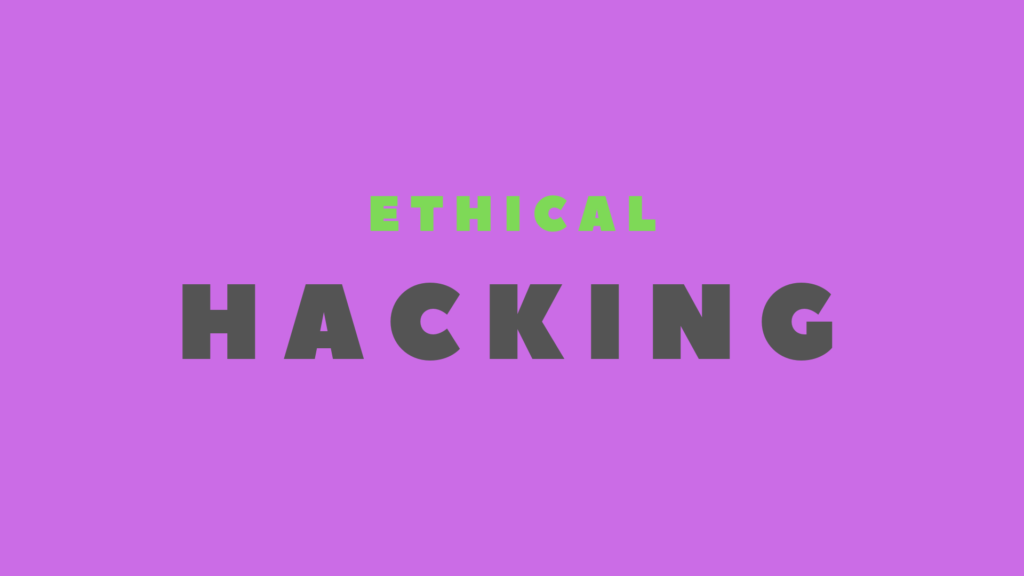
Master Google Dorking: Advanced Search Secrets Revealed
Google dorking, also known as Google hacking, is a powerful technique that security professionals and researchers use to uncover hidden information through advanced search operators. While these techniques are invaluable for legitimate security testing and research, they also highlight the importance of proper information security practices to prevent sensitive data exposure.
Understanding Google Dorking
At its core, Google dorking involves using specialized search operators and parameters to find information that isn’t easily accessible through regular search queries. These advanced operators act as filters, allowing users to precisely target specific types of files, websites, or information that might otherwise remain buried in the vast expanse of the internet.
Essential Google Dork Operators
The power of Google dorking lies in its specialized operators. Here are some of the most powerful and commonly used ones:
The site: operator allows you to restrict searches to a specific domain or website. For example, site:example.com confidential would search for the word “confidential” only within example.com.
The filetype: operator helps locate specific file types. Security professionals often use this to find potentially exposed sensitive documents. For instance, filetype:pdf site:example.com password would search for PDF files containing the word “password” on example.com.
The intitle: and inurl: operators search for specific terms in page titles and URLs respectively. These can be particularly useful when looking for administrative interfaces or login pages.
Common Use Cases and Applications
Security professionals use Google dorking for various legitimate purposes:
- Security Auditing: Organizations can identify exposed sensitive documents, misconfigured servers, or vulnerable systems before malicious actors find them.
- Competitive Intelligence: Researchers can gather publicly available information about competitors’ technology stacks, business practices, and digital footprint.
- Digital Forensics: Investigators can discover cached versions of websites, historical information, and digital breadcrumbs that might otherwise be difficult to find.
- Vulnerability Assessment: Security teams can identify potential security weaknesses in web applications and infrastructure.
Best Practices and Ethical Considerations
When utilizing Google dorking techniques, it’s crucial to:
- Obtain proper authorization before conducting searches on specific domains
- Document all findings and report vulnerabilities responsibly
- Avoid accessing or downloading sensitive information without permission
- Use these techniques for defensive purposes only
Protecting Against Google Dorking
Organizations can protect themselves from unwanted exposure through Google dorking by:
Implementing robots.txt files correctly to control search engine indexing Regularly auditing publicly accessible information Using appropriate access controls and authentication mechanisms Monitoring for exposed sensitive information Implementing web application firewalls (WAFs)
Advanced Techniques and Combinations
Advanced Google dorking often involves combining multiple operators for more precise results. For example:
site:example.com filetype:xls intext:password -templateThis query would search for Excel files containing the word “password” on example.com, excluding files with the word “template.”
The Evolution of Search Operators
Google continuously updates its search capabilities, sometimes deprecating old operators or introducing new ones. Staying current with these changes is crucial for security professionals who rely on these techniques.
Modern search engines have become more sophisticated in understanding context and intent, but operators remain valuable for precise searches. Many organizations now use specialized tools that automate Google dorking techniques for continuous security monitoring.
Emerging Trends and Future Implications
As organizations increasingly move their operations online, the importance of understanding and defending against Google dorking techniques grows. Several trends are shaping this landscape:
- Automated Dorking Tools: New tools are emerging that automate the process of running multiple dork queries and analyzing results.
- AI-Enhanced Search: Machine learning is making search engines better at understanding context, potentially affecting how dorking techniques work.
- Enhanced Security Awareness: Organizations are becoming more proactive about preventing information exposure through search engines.
Conclusion
Google dorking remains a powerful technique in the security professional’s toolkit. When used responsibly, it helps organizations identify and address security vulnerabilities before they can be exploited. However, its power also serves as a reminder of the importance of proper information security practices and the need for regular security audits.
Understanding these techniques isn’t just about knowing how to perform advanced searches—it’s about comprehending the broader implications for information security and privacy in our increasingly connected world. As we continue to share more information online, the significance of these search techniques in both offensive and defensive security will only grow.